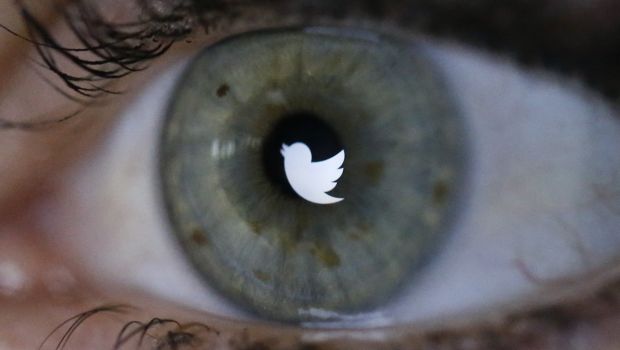If there were no social media websites on the internet, would the Islamic State of Iraq and Syria (ISIS) be as strong and effective as it is today?
The short answer is no. ISIS would not have been as effective as this, nor would it have been able to expand in the manner that it has. This “no” is not an impression or hypothesis, but a reality that is confirmed by the daily news of the flow of adolescents and delinquents from across the world to join ISIS.
The ISIS phenomenon, as I have said before, has nothing to do with Islam or religion. Yes, this is truly a global phenomenon, but it has nothing to do with real Islam. It is a global phenomenon like global warming or water scarcity or the Ebola outbreak, and therefore it is the duty of the world as a whole to address this.
This does not mean that ISIS—and before it Al-Qaeda, and before that the Muslim Brotherhood, and the corresponding Khomeinism and the groups that adhere to this ideology—are not the result of deep crises involving Islam and Islamic self-identity and heritage.
But, in addition to all this, we must talk about ISIS directly, and the global crisis that this group is nothing more than a symptom of. Otherwise, how else can we understand European Muslim converts who don’t speak Arabic and who don’t understand the complexities of jihad travelling to join ISIS?
Therefore, I think that some countries, and particularly those in the West, should use some of the millions of dollars that they are spending on airstrikes targeting ISIS positions to establish new intelligence apparatus and place restrictions on travel and the movement of money in order to confront ISIS from another equally important direction. In particular, the West must do much more to curb ISIS’s interaction via social media, particularly Twitter, to prevent this terrorist group from attracting new members.
The West believes in the freedom of expression and the value of liberalism. That is all well and good, but we are now facing an existential threat and we must deal with this accordingly.
They say that we should work to raise awareness and that deterrence simply does not work, but this approach carries with it an inherent risk, particularly when dealing with a phenomenon such as ISIS. We simply do not have the luxury of time or patience to pursue this approach because this is a battle for survival.
The West, where the internet was first launched from, is now seeking to contain the risks of the internet, after the fire has now reached their shores. Last week, Washington called on the allies who have joined its anti-ISIS coalition to expand the war to include the digital sphere. This came during a special meeting in Kuwait held to specifically discuss how to counter ISIS’s propaganda.
Prior to this, the European Union held a meeting in Luxembourg during which it called on internet providers and social media companies to help the authorities in the fight against terrorism. This came after the number of Europeans among ISIS’s ranks in Syria and Iraq increased from just a few hundred in 2012 to more than 3,000 in 2013 while this has no doubt increased further.
The latest news in this regard has been the report that a 17-year old French “Jewish” girl is among around 100 girls and young women from France who have left the country to join ISIS fighters in Syria, according to a French intelligence official.
So, as the Arabic saying goes “Whoever summons an evil spirit is responsible for banishing it.” In other words, whoever is responsible for a problem is responsible for solving it. Well, the West is responsible for the evil spirits that have beset us thanks to technology, we are now eagerly waiting to see how it intends to deal with this.
